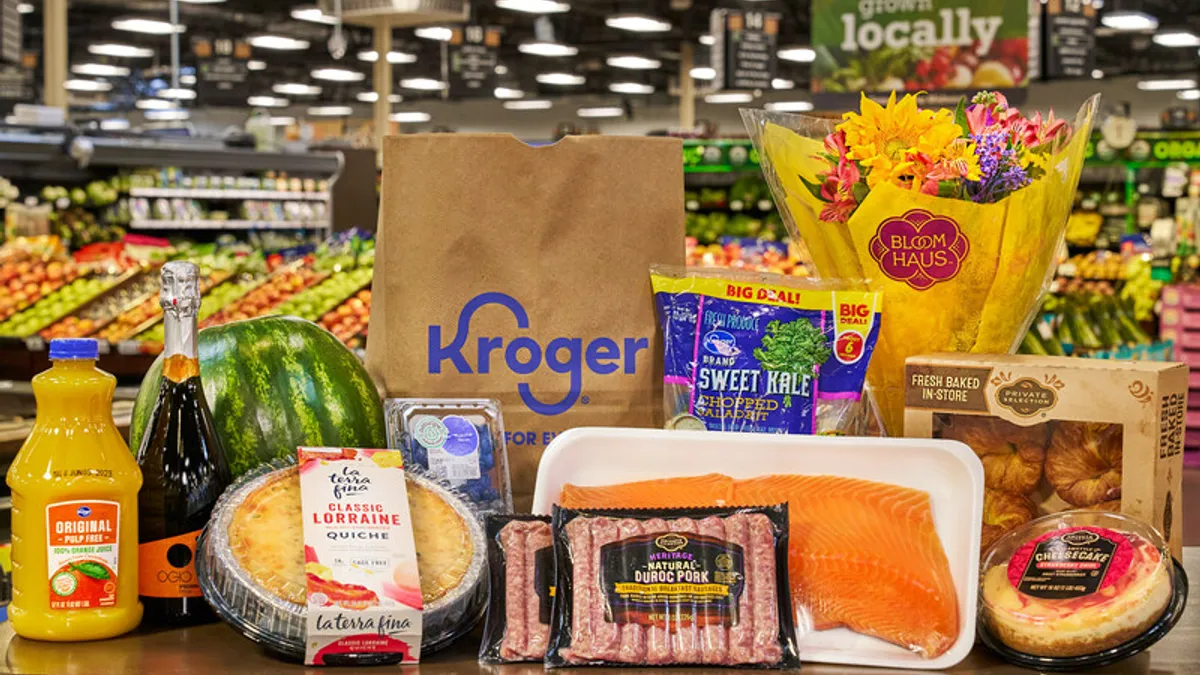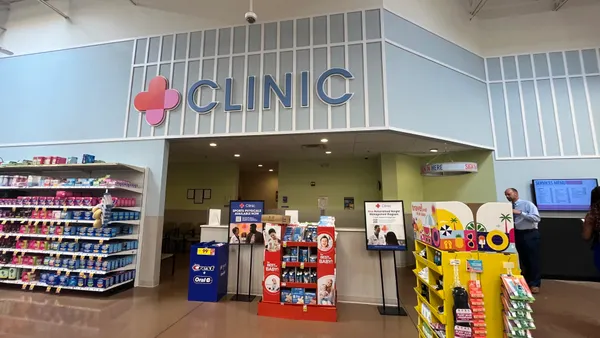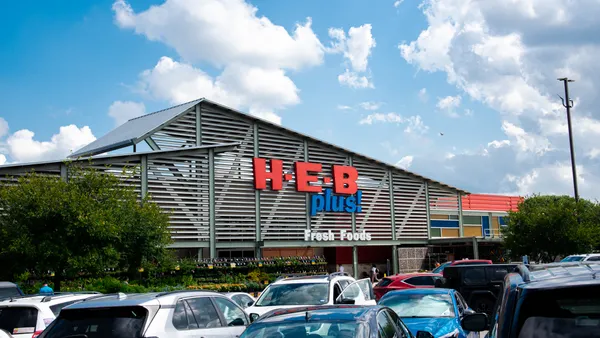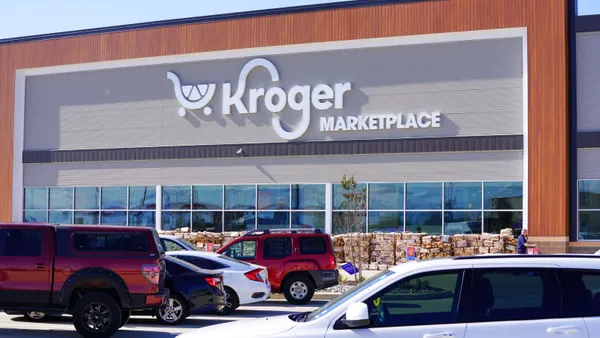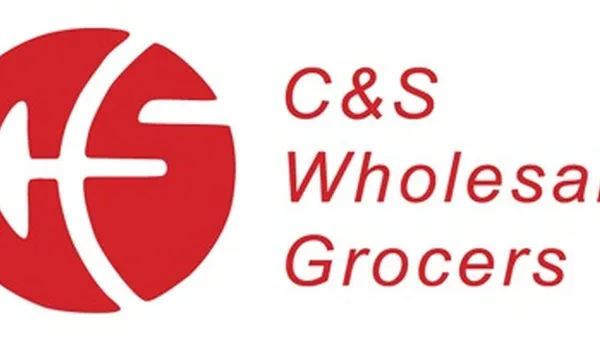From cutting-edge apps to e-commerce, Kroger has invested a lot of time and money in boosting the digital shopping experience. But these days, it’s finding that a lot of shoppers just want to go back to paper.
Paper coupons, that is.
In recent weeks, the country’s largest supermarket chain has begun reintroducing paper coupons to all of its stores. These promotional slips, which have been around for nearly as long as grocery shopping itself, are proving to be particularly appealing to older shoppers and those that, in the words of interim CEO Ron Sargent, “don’t have a $600 iPhone.”
The move underscores the degree to which shoppers are relying on promotions to lower their grocery bills at a time of considerable economic uncertainty. It also marks another shift from Kroger to make its digital coupons and digital-only deals more accessible for shoppers amid pushback from consumer groups.
“We’re really trying to appeal to a broader customer segment — not only people that are very digitally savvy, but also people who are not or not able to be,” Sargent said during Kroger’s second-quarter earnings call on Thursday.
So far, the in-store paper coupons are resonating with Kroger’s shoppers, company executives said. One financial analyst on the call even noted that his mother uses the coupons when she shops.
Kroger has been taking additional steps to improve its price perception. Since the beginning of this year, it’s lowered prices on more than 3,500 items, Sargent said.
“Our customers are recognizing these changes, and they’re giving us credit for them,” Sargent noted about the grocer’s latest promotional efforts. “We know this because customer price perception improved in nearly every division this quarter, and we saw another quarter of sequential improvement in share.”
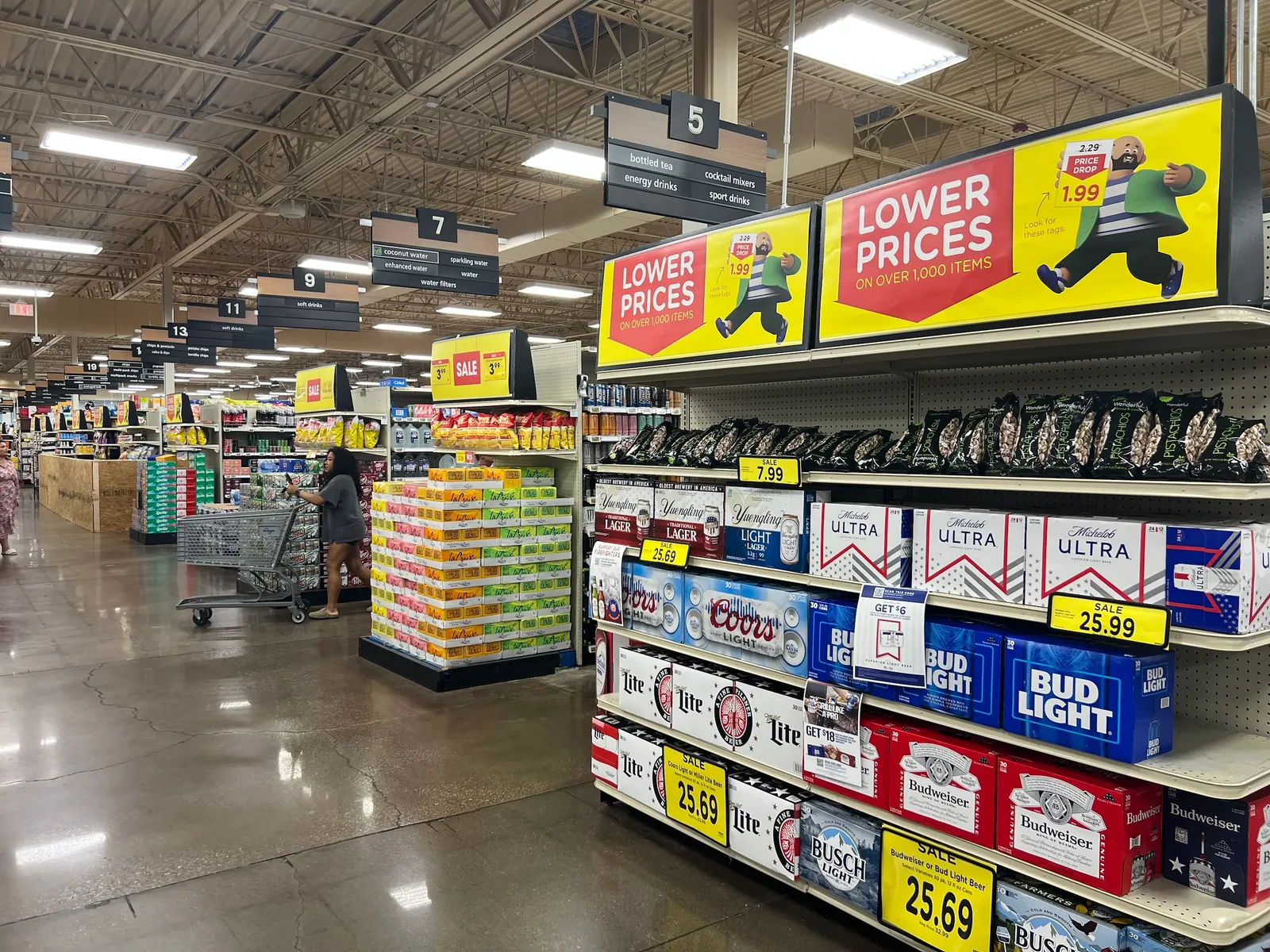
To facilitate these price cuts, Kroger is adjusting the way it works with suppliers.
“I’ve talked to a lot of our CPG partners over the last six months, and I think our CPG partners would say we need to reduce the cost to serve you guys, and we need to have simpler promotions with you guys. And I think we’re working on both of those,” Sargent said.
Kroger’s strength in private label is also producing results for the company. Store brand sales are outpacing national brand sales, Sargent said, with the company’s premium-tier Simple Truth and Private Selection labels leading the way. Private label accounted for more than $32 billion in sales for Kroger last year, according to the company’s annual report.
Value-driven shopping behaviors are cutting across income groups, Kroger executives pointed out. Lower- and middle-income shoppers are taking advantage of deals, purchasing more store brands and making smaller but more frequent shopping trips, Sargent noted. Higher-income shoppers, meanwhile, haven’t decreased their spending but are buying more premium store brand products and larger pack sizes.
Across income cohorts, Kroger is seeing a pullback in discretionary spending and modest declines in snacks and adult beverages, Sargent said. “We think that the consumer is going to remain cautious,” he noted.
Kroger’s simplified approach seems to be paying off on the top line. Same-store sales without fuel rose 3.4% during the second quarter, and the retailer raised its outlook for identical sales for the fiscal year.
Yet Kroger faces mounting competition from discount and club competitors in grocery. Over the past five years, the supermarket chain’s market share has slipped by 1.3 percentage points, even as retailers like Costco, Walmart and Aldi have gained share.
As it charts a path forward following a failed merger with Albertsons, Kroger is streamlining its operations and focusing more on its core grocery business. The company recently laid off around 1,000 corporate employees, laid out plans to close dozens of stores and made several executive shifts. At the same time, it plans to increase its store openings next year by 30%, open a “deli of the future” concept and review its automated e-commerce fulfillment network.
“We are more focused on our core business and our customers. We’re moving with speed, and we're simplifying the company,” Sargent said.


